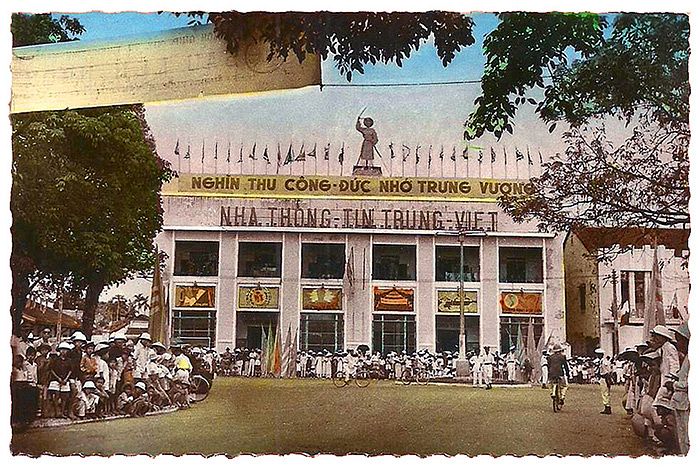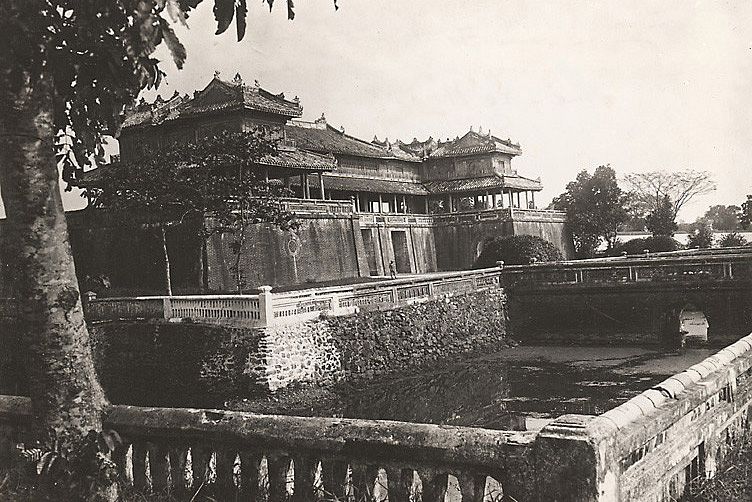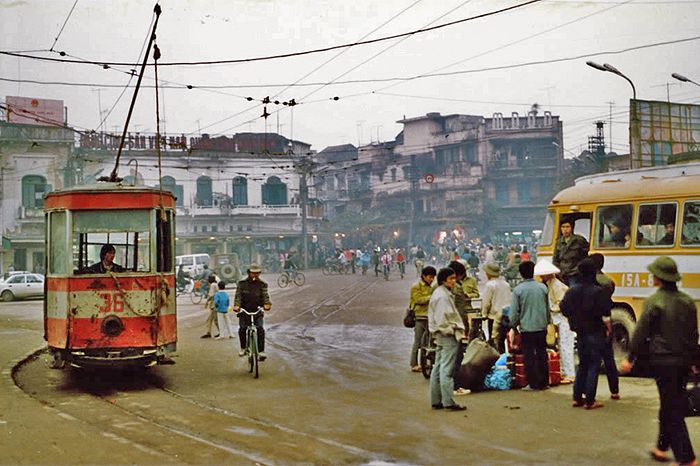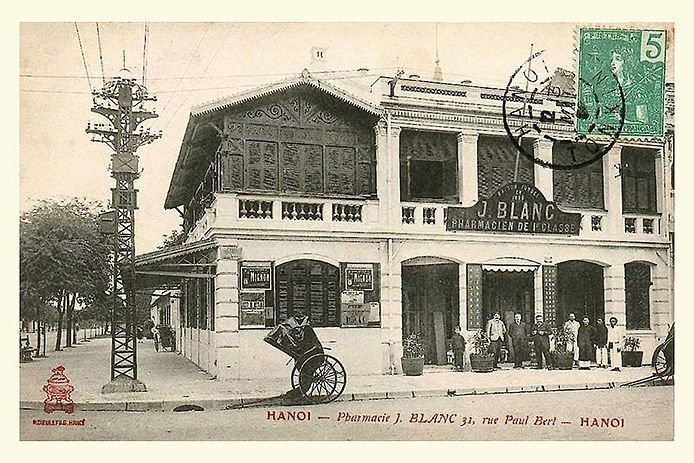Read When the Japanese Occupied Vietnam – Part I here.
Japanese occupation breathed new life into a Vietnamese independence movement that had seen little success after the failed Yen Bai Mutiny (1930) and Xo Viet Nghe Tinh Uprising (1931) which were swiftly and brutally put down by the French.

The Xo Viet Nghe Tinh Uprising.
After these defeats, the Indochinese Communist Party (ICP) became the country’s main anti-colonial force. In 1940, Trường Chinh, Phạm Văn Đồng, and Võ Nguyên Giáp filled the power vacuum created when the French decimated the party's ranks. and in 1941, they were joined by Ho Chi Minh and created the Viet Minh.
With the arrival of the Japanese, the 10,000 strong Viet Minh, led by Uncle Ho, began their resistance against the Imperial Japanese Army (IJA) with the clandestine support of the United States.
In 1945, the Japanese imprisoned and executed Vichy French officers and dismantled the country’s French colonial administration, and established the short-lived Empire of Vietnam.
Over the course of the war, the Viet Minh coordinated with the Office of Strategies Services (the precursor of the CIA) and used guerrilla tactics to destabilize the Japanese war machine.

The Japanese surrender to British forces in Saigon.
By 1944, Japan was losing its imperial grip over Asia and on September 2, 1945, surrendered to the Allies. That same day, Ho Chi Minh took to a platform in Hanoi’s Ba Dinh Square and proclaimed the Independent Democratic Republic of Vietnam.
The French colonial administration was in ruins and was further undermined when, even after their surrender, the Japanese kept French officials in prison and armed their former enemies, the Viet Minh. Lack of French authority allowed the Viet Minh to seize government offices across the country. 600 Japanese soldiers even stayed behind to train Vietnamese troops.
Unhappy with this new arrangement, the French protested and the Allies decided that British troops would occupy Saigon and the Nationalist Chinese Hanoi.

The Japanese lay down the weapons, many of which would be used by the Viet Minh to later fight the French.
After brief negotiations with the French, who refused to acknowledge Vietnamese independence, the August Revolution began, resulting in another 30 years of war.














